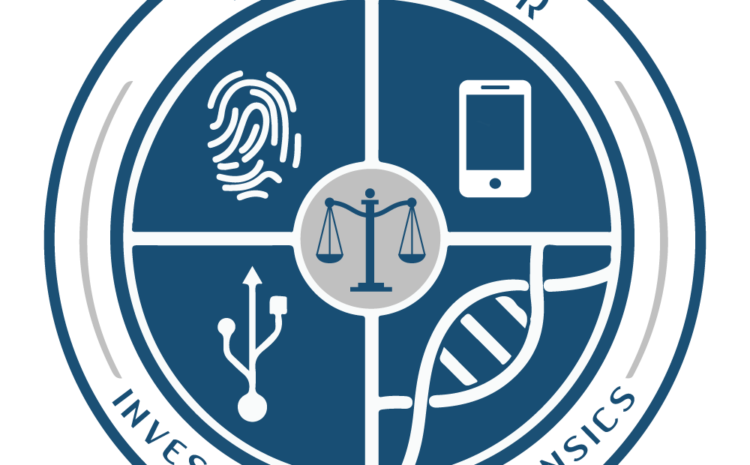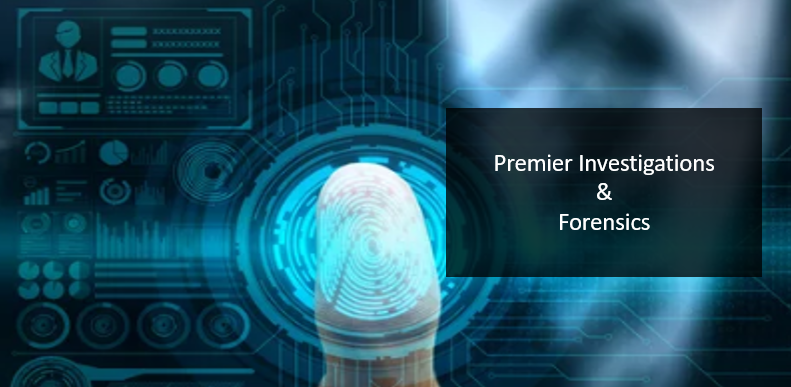
Digital forensics is the practice of using scientific methods and specialized technologies to investigate and analyze digital devices and systems in order to identify, preserve, recover, and present factual and reliable evidence in legal proceedings. This can include the examination of computers, smartphones, tablets, servers, and other types of digital devices that may contain evidence relevant to an investigation. Digital forensics is often used in criminal cases, but it can also be used in civil cases, as well as for internal investigations in businesses and organizations.
Digital forensics investigators use a variety of tools and techniques to analyze and extract evidence from digital devices, including data recovery tools, forensic software, and specialized hardware. They may also use specialized knowledge of computer systems, networks, and data storage to understand how the device being examined was used and to identify any potential evidence that may be present.
The goal of digital forensics is to provide a detailed, accurate, and unbiased record of what happened on a digital device, and to present this evidence in a way that is legally admissible and credible. It is an important field that plays a critical role in helping to solve crimes and resolve disputes that involve digital evidence.
